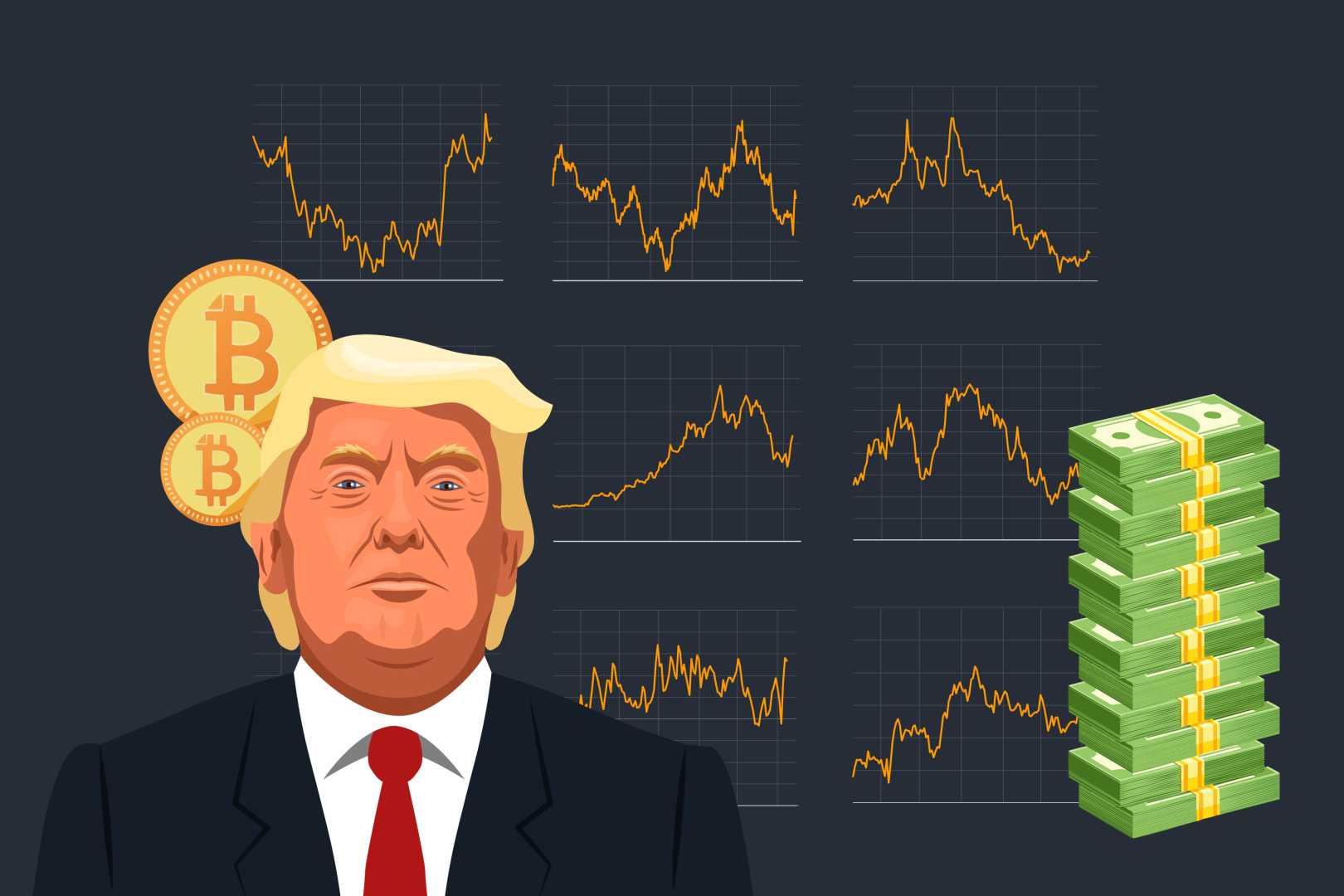Politics
Trump’s Tariff Policies Under Scrutiny as Miran Proposes Burden Sharing

New Delhi, India — In a bold move impacting global trade, President Donald Trump has appointed Stephen Miran as the chairman of his Council of Economic Advisers (CEA). On April 9, 2025, following Trump’s announcement of an additional 50% tariff on Chinese imports, Miran outlined an aggressive strategy aimed at reshaping America’s economic landscape.
With a PhD in economics from Harvard University, Miran has emerged as a key architect behind the president’s tariff policies. He declared on April 7, “Most economists and some investors dismiss tariffs as counterproductive at best and devastatingly harmful at worst. They’re wrong.” His remarks come as the U.S. faces increasing tensions with China amid escalating trade disputes.
Miran’s analytical framework is detailed in his 41-page report titled ‘User’s Guide to Restructuring the Global Trading System,’ wherein he emphasizes utilizing tariffs as strategic tools to revive U.S. manufacturing and re-establish negotiating power with trading partners. He cites alarming statistics indicating a record $1,133.62 billion current account deficit as evidence of a financial imbalance that necessitates immediate intervention.
“America runs large current account deficits not because it imports too much, but it imports too much because it must export U.S. Treasuries to provide reserve assets and facilitate global growth,” Miran explained. This situation, he claims, is exacerbated by the dollar’s status as the world’s primary reserve currency, causing an overvaluation that undermines American export competitiveness.
To mitigate these challenges, Miran is advocating for what he terms ‘burden sharing’ from other countries. He believes that foreign nations owe it to the U.S. to take on part of the financial burden associated with defense and global public goods that the U.S. provides. Among his suggestions, he proposes that countries could accept heightened tariffs or invest directly in U.S. manufacturing to alleviate American economic pressures.
Reflecting on these points, he stated, “If other nations want to benefit from the U.S. geopolitical and financial umbrella, then they need to pull their weight, and pay their fair share.”
However, the ambitious tariffs have sparked immediate concerns from both domestic and international economic leaders, with critics describing the moves as potentially disastrous for global markets. Trading partners have expressed their apprehensions regarding retaliatory measures that could exacerbate current tensions.
Howard Lutnick, U.S. Secretary of Commerce, acknowledged the growing skepticism even within his own administration, as the complexities of Trump’s trade policies unfold. Lutnick noted, “We are shedding excess labor in the federal government and bringing down federal borrowings. That will give us the labor we need for the new manufacturing.”
This sentiment reflects a multifaceted approach that the administration is employing to temporarily alleviate reliance on foreign goods, while exposing vulnerabilities within the domestic manufacturing landscape.
As Miran continues to push for radical shifts in policy, unanswered questions loom regarding the practical implications of these strategic tariff increases. The dynamics of U.S.-China trade relations remain precarious, and the fallout from such aggressive economic maneuvers could yield long-lasting repercussions on a global scale.
In summary, Stephen Miran’s vision for economic reform not only emphasizes the necessity of tariffs but also calls for a collective effort from the international community to support a recalibration of economic relations in favor of the United States.












